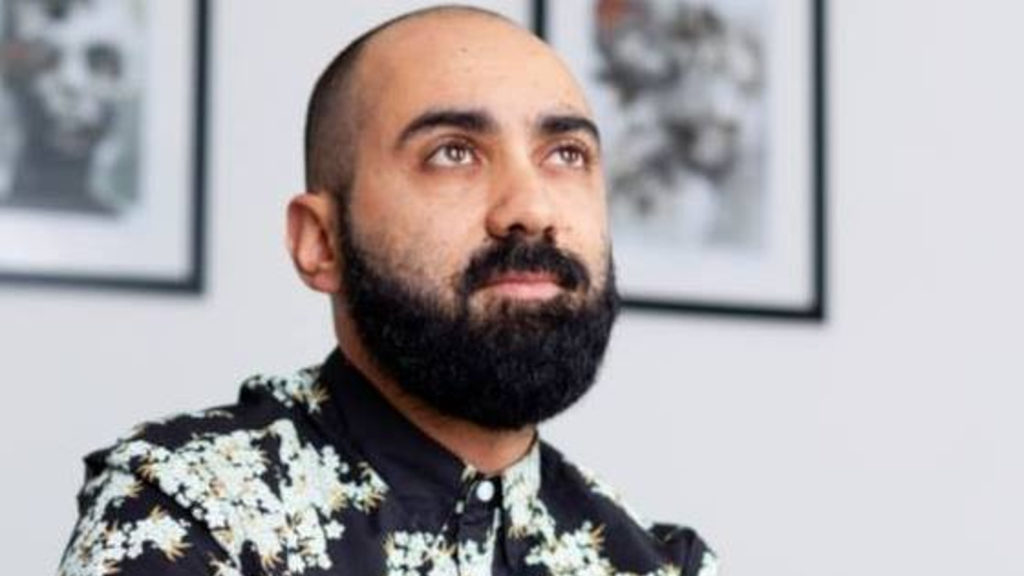We all have them. Those apps we open without thinking. Not because we need anything in particular, but because they feel… safe, in some…
Three lessons I learned from my first investment cheque [Opinion]

When I was 21 I managed to raise about $20 000 in seed funding for a social network that I was building with two other co-founders. It sounds silly now that we know Facebook won out on the social network front, but back in 2005 there weren’t many players in the market so we were going for it.
I was just out of university and myself and a friend had built Digspot.com. A social network for students living in digs.
We left university and found a third friend of ours who was embedded in the campuses around the country and wanted to help with business development and fundraising so he joined us.
While building this social network we decided that to really get things moving we needed funding. So, through our network we connected with various people who we saw as angel investors.
‘It takes guts to admit you are wrong on an investment cheque from an angel investor and unwind them before things get messy’
This was around about the time that Techcrunch was starting to grow and show the world how “cool” it was to raise funding for a tech company.
Someone in our network actually came back and made us an offer, very much because he trusted one of the co-founders, not really because the idea was a home run. So, we took $20 000 as angel investment.
The terms were decent (what did I know at 21?), mostly because the amount of money was low and we were so early into our journey that there wasn’t much negotiating to be done.
We closed the deal on a Friday and by the middle of the following week we had already returned the money in full.
Yes, we gave it all back. We didn’t spend a cent.
Here’s what I learned from my first investment cheque:
Co-founders must be aligned
Since this first experience raising funding I have, unfortunately, re-learned this lesson a few times. If all the co-founders are not in alignment then nothing you do is going to bring your young startup together.
The three of us had different ideas about how to use the money, when to spend it, where to spend and even our own schedules weren’t aligned. This was a very big red flag once we realised this.
The main misalignment that I’ve dealt with is the risk profile of co-founders. I’m very comfortable with big risks and taking large gambles on things that we believe will work in relation to the data and research that has been done.
I’ve had co-founders over the past 15 years who are older than me, with more responsibility in their lives who just don’t want to take the risks required to really crack it as a young business.
If one of you is too risk averse while the other is too keen on risk you will never find a middle ground that works.
Get your house in order before you go out and raise funding.
Have a plan, even if it’s a bad one
We didn’t have a specific plan for the money and had no intended outcomes. We had no idea what success looked like.
My main concern was that we were going to blow through the $20 000 and be left with no real results to either go out and raise more money or be close to break even.
Put plainly: we had no plan.
Raising money is fine if you need it and have a plan, but we were raising money because it’s what we thought it was the next logical step when building a business.
It should go without saying but let’s spell this out: not every business requires funding. Not every founder knows how to raise money. Not every VC is looking to help your business grow the way you want it to.
Network matters more than money
The number one reason that we all decided to give the money back to our angel investor was because we wanted to preserve the relationship.
It wasn’t my connection to the money but that didn’t matter. If one of us was going to tarnish our names then all of us were going to.
So instead of blowing the angel’s $20 000 and ruining the relationship, we decided to give the money back and walk away.
It takes guts to admit you are wrong and unwind them before things get messy. Sometimes walking away is the best option.
Nic Haralambous is an entrepreneur and co-founder of crypto exchange platform Coindirect.
This article appeared originally on blog on Medium blog post. Subscribe to Nic’s regular newsletter here.


